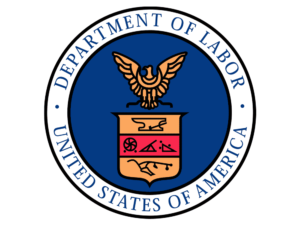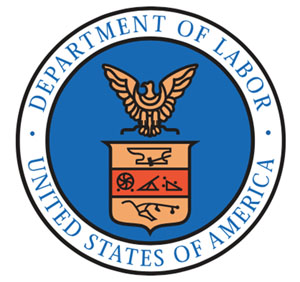Two more federal judges have blocked parts of the new H-2A regulations intended to grant workers more protection from potential abuses and give them rights to conduct union-like activities.
This week, U.S. District Court judges in Kentucky and Mississippi enjoined the U.S. Department of Labor from implementing provisions of the rule challenged by numerous agricultural employer groups accusing the agency of overreach. The injunctions follow an injunction issued by a federal judge in Georgia in August.
What the two recent stays mean is unclear, however. The Department of Labor must announce how it intends to react, while the court cases will continue.
All the injunctions skew in favor of employers, but each applies to different provisions of the H-2A rule and to different people in different states, depending on who the plaintiffs were in the various lawsuits.
The Georgia injunction blocked the entire rule, but only for the 17 states listed as plaintiffs in that case. The Kentucky injunction applies to portions of the rule and only to plaintiffs. The Mississippi injunction applies nationally but to an even narrower band of rule provisions.
Labor Department officials could continue to enforce portions of the rule that the judges still allow, against whomever they can, or they could just scrap the whole thing.
Most tree fruit employers are rooting for the latter.
“My hope would be the Department of Labor would see the fault in the rulemaking and just roll these rules back nationally,” said Enrique Gastelum of the Worker and Farmer Labor Association, or WAFLA, a plaintiff in the Kentucky case.
The Labor Department imposed the rule, “Improving Protections for Workers in Temporary Agricultural Employment in the United States,” in April. It was the third increase in regulatory oversight in the H-2A program in four years and required employers to ensure workers wear seat belts, granted workers more rights to organize and required that employers use progressive disciplinary procedures, among other things.
In all of the injunctions, the judges took aim at the provisions that allowed farmworkers rights typically associated with union activity. Most workers in the United States have the right to collective bargaining with a union, under the National Labor Relations Act that was passed in 1935. However, that law specifically exempts farmworkers.
The Kentucky judge, Dan Reeves, called the Labor Department’s attempt to effectively grant those rights through the rulemaking process a “blatant arrogation of authority.”
Several states have extended such rights to farmworkers, but only the U.S. Congress can do so nationwide, the judges said.
—by Ross Courtney









Leave A Comment